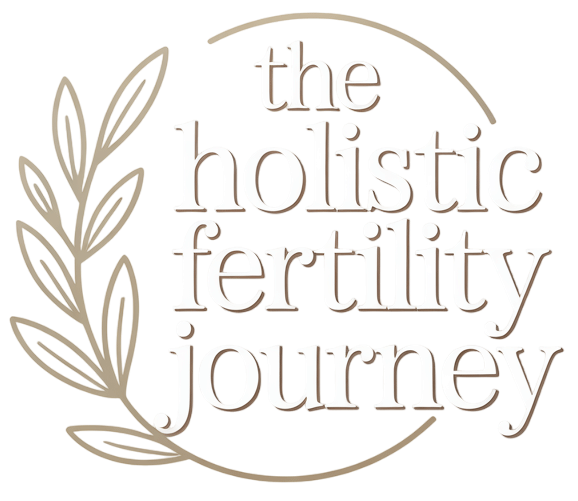Weaving These Strands Together: Small Steps, Profound Effects
There is no “one right way” to prepare for or support fertility—but each gentle shift in daily life matters. Whether it’s adding one more vegetable into the day, taking a mindful breath when stress rises, or swapping plastic food storage for glass, each act is an offering to your future self and potential family. Above all, the most powerful shift may be replacing pressure and perfectionism with patience, trust, and self-kindness on this unique path.
By focusing on holistic lifestyle choices—food, rest, movement, environment, emotions—it becomes possible to nourish not just the body, but the whole being, with hope and compassion. For anyone on the fertility journey, you deserve both information and gentleness, each and every step of the way.
